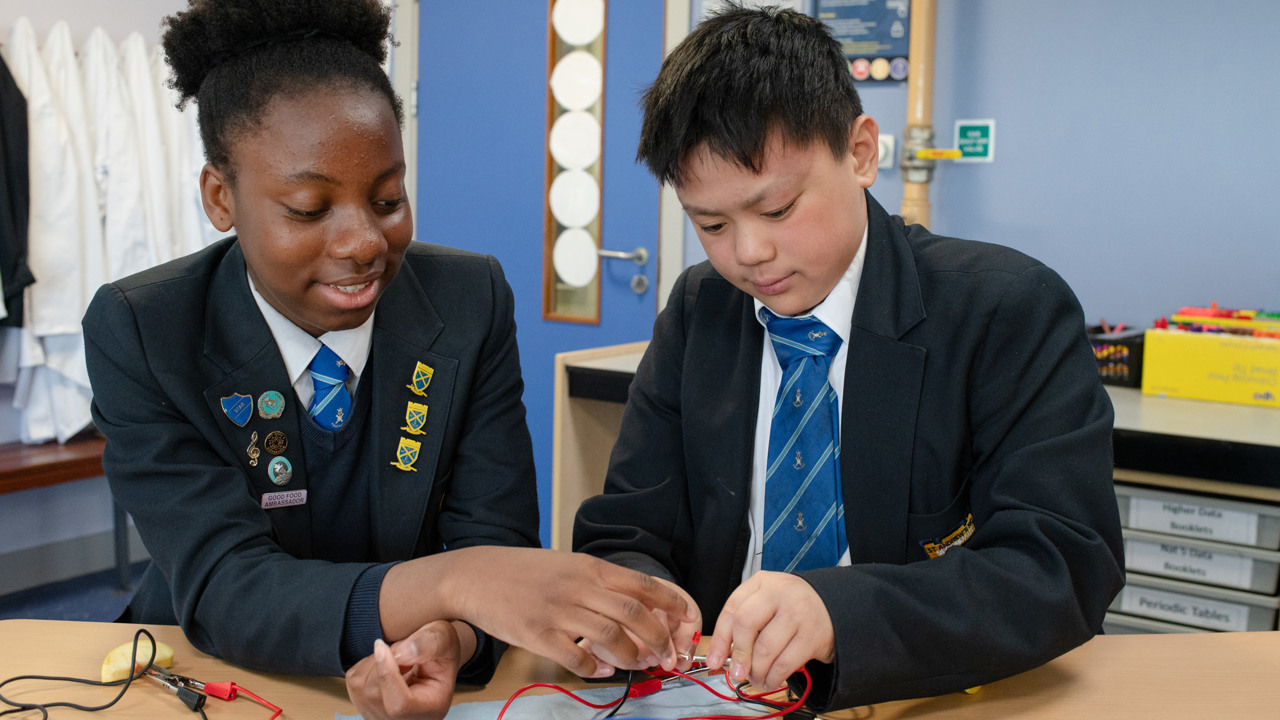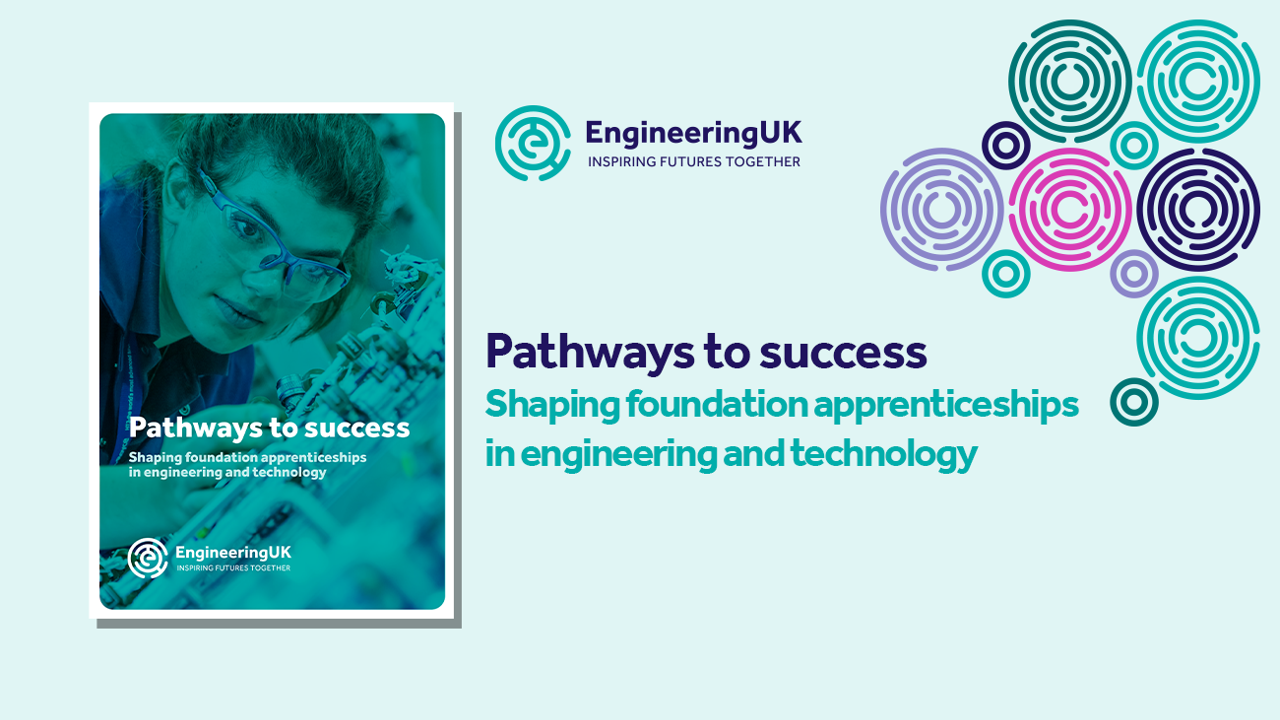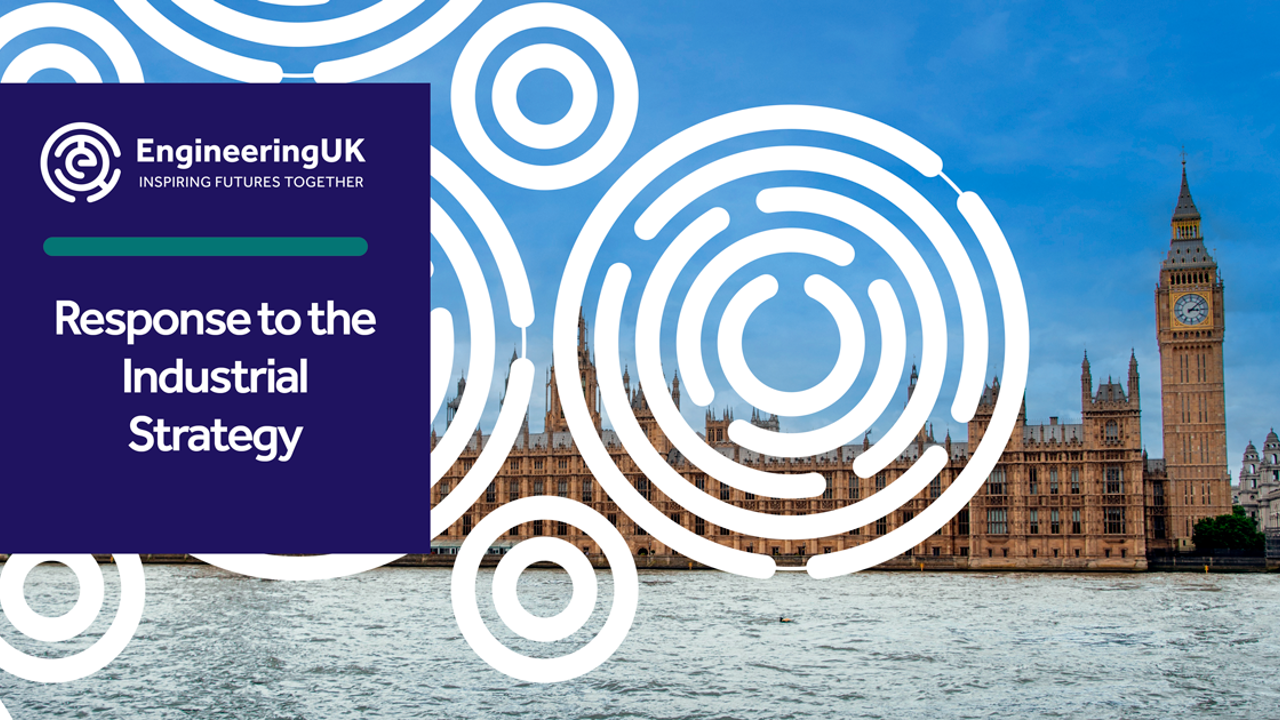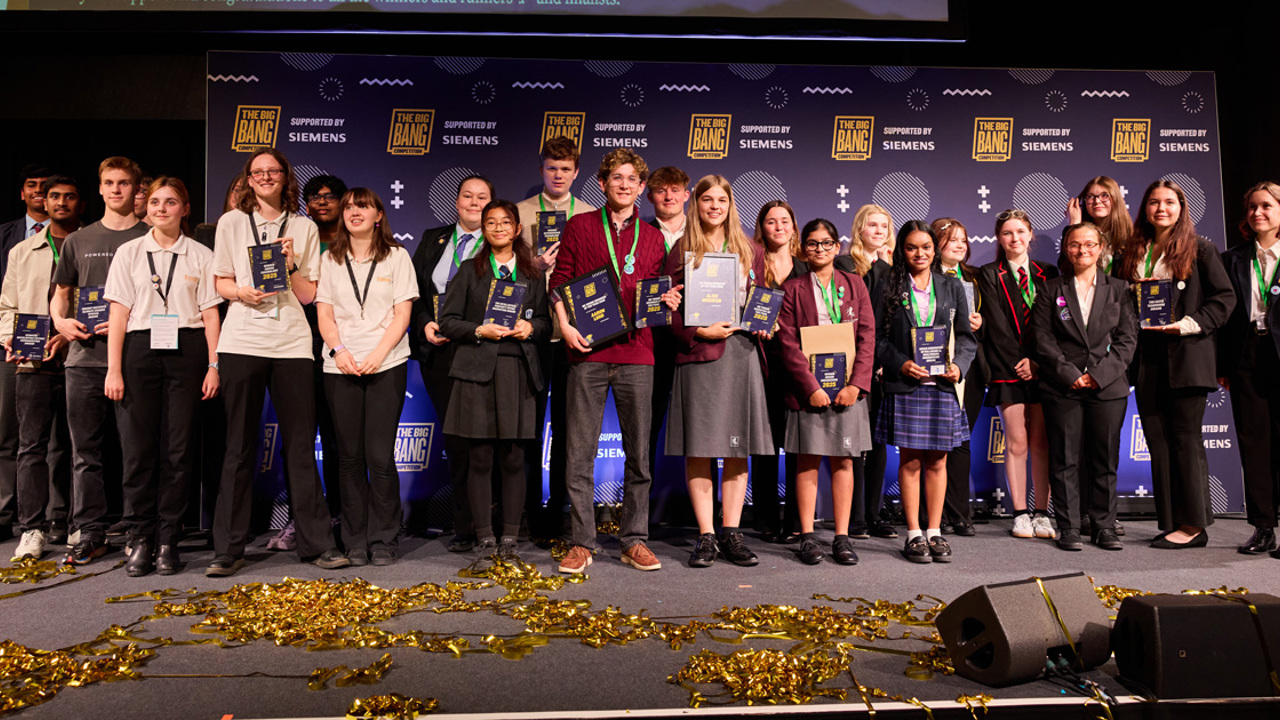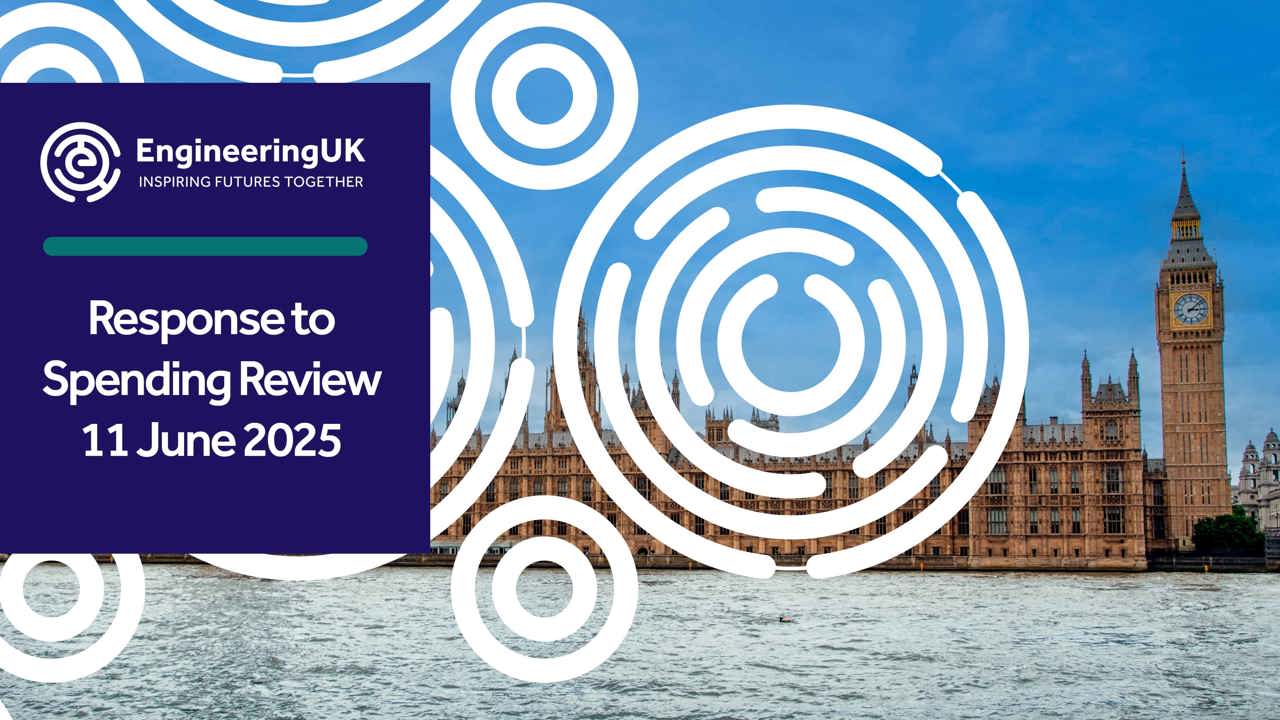To bridge gender gap in higher education we need more girls studying maths or physics at A level
A new research report, released today by charity EngineeringUK, reveals the staggering increase needed in the number of girls studying maths and/or physics at A level, in order to reach equal numbers of male and female students studying engineering and technology degrees.
With the current conversion rate from A Level to undergraduate study, around 150,000 girls would need to study A levels in maths or physics (or both), in order to reach the same number of male undergraduates. This is a significant increase of around 115,000 girls compared to current numbers.
The report, which follows International Day of Women and Girls in Science, reveals that 23% of male students who studied A levels in maths or physics, or both, went on to study engineering and technology in higher education. However, just 8% of female students who took the same subject(s) went on to study engineering and technology degrees.
This translates to a stark gender divide, with only 18% of those studying undergraduate degrees in engineering and technology being female, compared to 57% for all degree subjects combined.
Dr Claudia Mollidor, Head of Research and Evaluation at EngineeringUK, comments, “The gender disparity within undergraduate degrees in engineering and technology is really concerning. Given that A levels in maths and physics are often a prerequisite for such degrees, we need to do more to make sure these subjects are attractive and accessible to girls at school. Particularly given we know girls perform as well as boys, or even outperform them, in these subjects.
“Cultivating this interest and appetite at an early stage will be crucial, so that when it comes to selecting GCSEs and A levels, girls are informed and inspired to choose subjects that will allow them to progress into engineering and tech careers.”
The report, which is based on Higher Education Statistics Agency (HESA) data, reveals that of the first-year undergraduates in engineering and technology who had studied both maths and physics at A level, only 22% were female students. However, when looking at these subjects separately, the figures jump to 50% of female students having taken maths only and 31% physics only. This highlights the importance of continuing to move away from the preferred prerequisites for these courses being A levels in both subjects and widening the entry qualifications accepted – in order to address gender imbalances.
“With the UK challenged to meet net zero by 2050, there is an urgent need for more young people to enter into engineering and technology careers. However, at present just 16.5% of the engineering workforce are female,” comments Claudia Mollidor.
“It’s clear the UK will struggle to get on top of its acute skills shortage, if it fails to increase the number of women entering into engineering-related careers. The first step to addressing this is to increase girls’ interest and engagement with science and maths at school.”
More encouragingly, for students with A levels in both maths and physics, engineering and technology is the top higher education study subject of choice. However, there is still a gender imbalance here with 39% of male students choosing the subject vs 29% of female students.
The gender disparity within undergraduate degrees in engineering and technology is really concerning. Given that A levels in maths and physics are often a prerequisite for such degrees, we need to do more to make sure these subjects are attractive and accessible to girls at school. Particularly given we know girls perform as well as boys, or even outperform them, in these subjects.
— Dr Claudia Mollidor
Notes to editors
For media queries please contact our media team.
About EngineeringUK
EngineeringUK is a not-for-profit organisation that drives change so more young people choose engineering and technology careers. Our mission is to enable more young people from all backgrounds to be inspired, informed and progress into engineering and technology.
We work closely with our Corporate Members and in partnership with hundreds of organisations. We lead collaborative efforts to improve the impact of all engineering and tech inspiration and careers activities for young people through Tomorrow’s Engineers and managing The Tomorrow’s Engineers Code.
We ignite a passion for STEM among young people from all backgrounds through EUK Education and our school engagement programmes such as The Big Bang. Our careers resources help teachers bring STEM to life through real-world engineering and tech stories via Neon.
Our research and evidence build insight into the current workforce and our future needs. And our evaluations build understanding of what really works to inspire and inform the next generation. We also advocate for policy development in STEM and careers education and workforce planning for engineering and tech.


